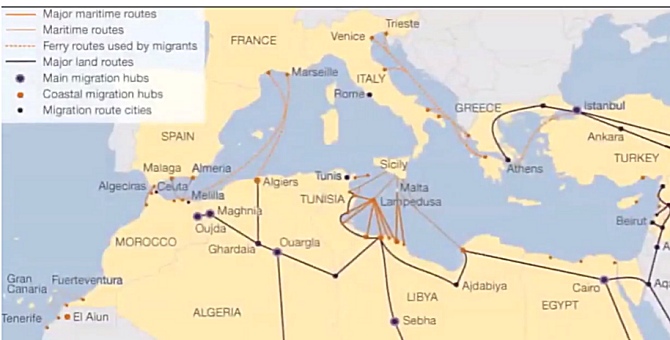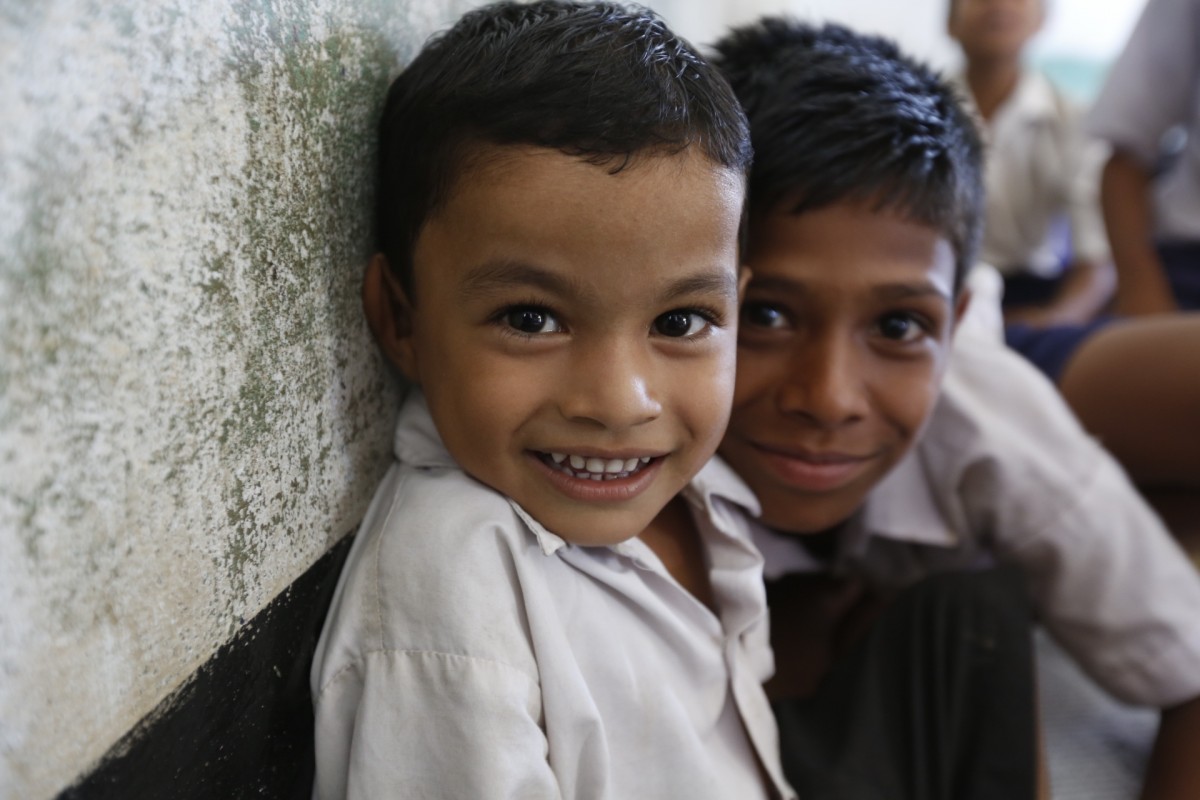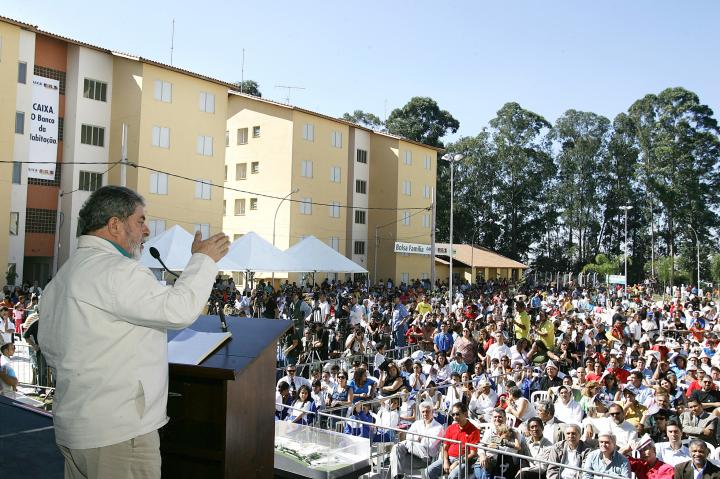
Like many pensive blog posts this one began as a trip to the supermarket… While searching for a bag of coffee, I stumbled upon a brand which loudly proclaimed that is was giving 50% of its revenues back to the African farmers who grew it. Initially, I thought, “At last, a fair trade initiative which is actually ‘fair.’” I managed to suppress my LSE-instilled scepticism of the ethical imagery of smiling Ugandan farmers and walked away with the makings of a great cup of coffee.
I did not reflect on this experience until a few weeks later when I came across an optimistic article in the Guardian on the boom of Ethiopian bamboo. The commentary lauded the trend for the potential foreign investment it could attract and environmentally sustainable alternatives it could produce. The article even suggested that the investment in bamboo production might spread to other African countries like Ghana. However, it also mentioned the need to make deals in the supply chain which provoked several questions that linked both my mundane coffee purchase and this bamboo venture. For instance, where were the Ethiopian industrial designers and engineers who could work with this bamboo? Where were the Ugandan high street coffee chains to compete with Starbucks (not that more coffee chains are necessarily a good thing)?
Coincidentally, while drafting this post, I attended a talk given by Dr. Mo Ibrahim, a Sudanese telecom entrepreneur and the founder of the Mo Ibrahim Prize for Achievement in African Leadership, where he made the same point. When speaking about the proliferation of mobile phones in Africa, he posed a similar rhetorical question: how many of the handsets used by Africans are made in Africa?
What these dissimilar experiences forced me to reflect on was the fact that the developed world continues to rely on Africa, among other parts of the world, for the production of low added value primary resources, be it consciously or unconsciously. Even when ventures are dressed up as ethical, sustainable, or mutually profitable, this somehow still does not seem like meaningful development to me. Was I being too unrealistic or too pedantic on this subject? Surely, as development practitioners and academics, we do not get complacent when we hear of successes such as these. Rather, we continue to look critically at what these successes, collectively, could hold for the future. Who really benefits in these relationships and who really loses?
I appear to be in good company here. Erik Reinert’s work, which served as part of the foundation of our Master’s programme, also highlights this trend. He observes that the continued intellectual dominance of Ricardian trade theory within orthodox economics means that poor countries today are being corralled into specialising in the production of low added value goods. To make matters worse, these countries are effectively barred from shifting to higher added value activities by a tangled web of tariffs, subsidies, and other policies. In Reinert’s words, the result is that certain countries ‘specialise’ in being poor and are prevented from emulating the strategies which rich countries profited from. Ha-Joon Chang contributes to this view in a related argument that current efforts in achieving development targets, set out in the Millennium Development Goals or the Doha Development Agenda, fail to tackle the economic barriers which prevent meaningful, transformative development. In short, the development sector needs to dream bigger than coffee beans and bamboo for countries to grow and trade their way out of poverty.

So what effective steps can be taken to escape this trap? Part of the issue lies with where the emphasis on capacity building is placed. There is a continued need to invest in education (primary, secondary, and tertiary) and healthcare systems in ways that allow for economic linkages to be made within Africa, a point also echoed in Dr. Ibrahim’s talk. The emphasis in these areas should transcend the practice of simply joining the bottom rung of European, East Asian, and American production chains.
Another area that is fundamental to growth in Africa is investment in infrastructure. However, articles frequently observe the not-so-thinly veiled self-interested, extractive interests behind investment in new road networks in many countries. By using this infrastructure to facilitate the export of raw materials , this type of investment simply perpetuates the problem identified above of allowing value to be added elsewhere. National governments can be just as culpable as those investing in their country. It would be near political suicide to turn down an opportunity to bring in investment which allows a country to tap into its natural wealth. However, in the long run, the benefits are often realised by the privileged and connected few. One only has to look at cases like Angola or Equatorial Guinea to see what such an enclave economy looks like.
The alternative, as I see it, is a need to increase investment in technological infrastructure. If anything, this should be of equal importance to the current blitz of road and rail construction. Recently, I have supported NGO staff from Kenya, Burundi, Uganda, Sudan, and Nigeria to attend online training courses. From these experiences, I have seen how strong the demand for improved connectivity is. Such investment to bridge the gaps in technological infrastructure (as well as techno-literacy) would not perpetuate stale extractive practices, but rather would allow innovative, new generative practices to take root.
A few possible proposals seem relevant given these reflections.
- An increased focus on building and maintaining technological infrastructure (both electrical and high speed, wireless internet) would create opportunities for individuals to shift to higher added value activities. By concentrating on using solar power and other sources of renewables for micro generation of electricity, this would allow individuals to be both sustainable and more autonomous. A recent, interesting example of this can be seen in an article on bicycle ‘info ladies’ in Bangladesh.
- Only when coupled with capacity building to utilise technology in areas like communications, entrepreneurialism, education, health, engineering, and teaching, will investment in infrastructure provide a real benefit. Improved access to increasingly popular Massive Open Online Courses (MOOCs) like those offered by EdX and the Khan Academy, could not only help spur demand for better infrastructure, but also improve the capacity to utilise it and innovate further.
- Leaders within Africa must have the will and ability to exercise the autonomy needed to encourage the development of economic linkages within the continent’s economies.
- Broader recognition is needed of the fact that the developed world’s protectionist policies often seriously affect those in the developing world and limit their options to realise the benefits of improved connectivity in a globalised world.
If these suggestions (which are neither ‘quick fixes’ or exhaustive) are taken together, many Africans could take advantage of the improvements in capacity and infrastructure needed to connect to the globalised economy. Eventually, this could begin to yield the elusive benefits of adding value.
Reevaluating the importance of capacity building in solving this developmental challenge may, to paraphrase Thandika Mkandawire’s eloquent words, help to provide more Africans with the ability and space to ‘run where others have walked.
About the MSc International Development & Humanitarian Emergencies
Related Posts
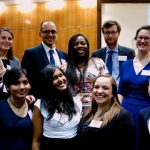 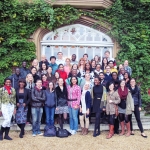 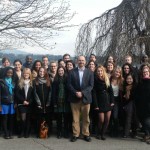 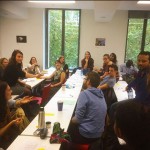 |
  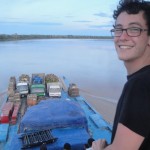  |


